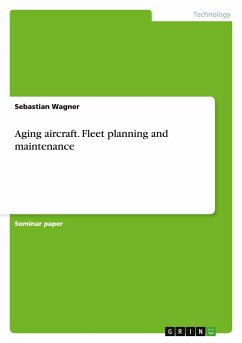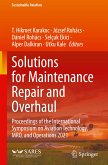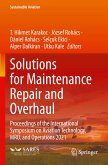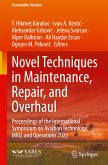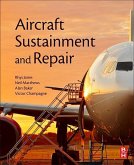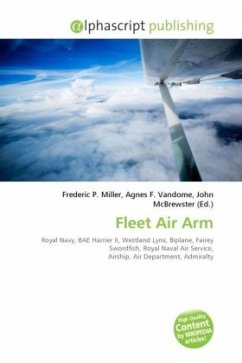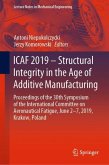Seminar paper from the year 2014 in the subject Engineering - Aerospace Technology, grade: 1,3, University of Applied Sciences Wildau (Wildau Institute of Technology), course: Aviation Management 2012, language: English, abstract: Indeed, the majority of airlines are faced with the challenge of aging fleets and when it might be optimal to replace older aircraft. Well, any discussion of the wisdom of retaining capital equipment is usually based on economic arguments. In a competitive environment, airlines are continuously obliged to improve their business and equipment to stay profitable.The prediction of future maintenance costs of the own fleet is an integral element of prospective budgeting projections; on the other hand they serve as a vital part within aircraft replacement calculations. For example if the costs of maintaining the existing equipment on a timely basis exceeds the capital, interest, and amortization charges on replacement equipment, the decision to buy a sort ofreplacement is straightforward. In most cases the substituteequipment even offers an improved productivity as well (Dixon 2006, p. 1).Beside any debate concerning costs and efficiency, flight safety considerations also enter into the discussion especially in the field of aviation. The question to repair or replace is an ongoing decision making process for the maintenance department of every airline operator.Now the key questions to be answered in this context are: Is it possible to describe a standard airplane service life and how does the fleet age of world's leading airlines look like? How does the process of maintenance develop over an aircraft's whole life cycle and can necessary costs be estimated? What can be done technically to keep aging effects of aircraft under control and when might be the right time to withdraw an aircraft from service?In order to answer the abundance of questions my term paper is divided into an economic based part including compiled data and statistics and a more technical part. In the beginning, this paper investigates the ordinary economic life of commercial airplanes. Additionally I'm going to inspect exemplary the average fleet age of world's leading airlines. In the second stage I am going to describe how to estimate maintenance costs of aircraft that grow older.Further I wanted to clarify technical aspects and problems that might occur more frequently with the rising age of an aircraft.
Hinweis: Dieser Artikel kann nur an eine deutsche Lieferadresse ausgeliefert werden.
Hinweis: Dieser Artikel kann nur an eine deutsche Lieferadresse ausgeliefert werden.

